8 Insightful questions to ask at the end of your job interview
If you have read our How to Ace Your Interview guide you will be feeling well prepared, confident, and ready to impress.
Once you’ve answered all their questions, expanded on your experience and skills and demonstrated why you’re a good fit for their role, the interviewer will usually ask what questions you have for them. It is important that you plan for this vital stage of the process.
An interview is a two-way process so this is an opportunity to find out more about the job, the company, and to demonstrate your enthusiasm for the job by asking intelligent questions.
So read on to discover eight great questions to ask the hiring manager.

I see you have recently moved into a new market/expanded the company/brought out a new product. How will this affect future business?
This question is powerful because it works in two ways. Firstly, it demonstrates that you’ve taken the time to research and discover interesting information about the business. Secondly, it shows that you’re interested in both the role and industry as a whole. By mentioning the future of the business, you’re also aligning yourself with its progression, indicating that you can see yourself working there in the long term.

Could you tell me more about your work culture?
Hopefully your research will have given you insight about how the company operates, but it’s useful to ask the interviewer to expand on this. No matter how great the opportunity, it’s essential that you’re comfortable with the business ethos and it fits with your values.

How will my work performance be evaluated?
This question positions you as the type of employee who understands how vital it is to deliver tangible results. Not only will this portray you as committed and target-focused, the answer will provide you with an insight into the company values and if they’re compatible with your own.

Why are you recruiting?
This may seem like a deceptively simple question, but the answer can tell you a lot about the company, its culture and the future prospects for the role. If the job opening is a brand new position, that could indicate the company is growing and needs to take on new staff to cope with expansion. Has the previous post holder been promoted? That could suggest there are opportunities to advance within the company. Conversely, an evasive answer might indicate a lack of progression or a high turnover of staff, so be on your guard.

What training and career opportunities do you offer?
A really good question that highlights your focus on hard work and self-improvement, not just for personal gain but also for the benefit of the company. Employers value people who are keen to improve their skills and stay up-to-date with the latest advancements in technology or industry trends, so raising this at the end of your interview will frame you as a person who’s eager to add value to their business.

What’s the best thing about working here?
As well as giving you the opportunity to find out more about the company culture, this question helps build rapport, as people enjoy talking about themselves and their areas of expertise. It’s a great way to get the inside track on how the business treats its employees, as you’ll be able to read much into the interviewer’s response. For example, do they respond quickly and positively or are they more thoughtful and guarded when answering? The latter could indicate that they’re struggling to think of anything positive to say about the company, so beware.

How does this job fit into the overall structure of the business?
Teamwork is a crucial aspect of many jobs so the ability to work well with others is essential. Raising this question illustrates that you understand the need for cooperation. This will position you as someone who’s keen to make a positive team contribution and add long-term value to their business.

Why did you invite me for an interview?
This is a powerful question to finish because it makes the interviewer consider all your strengths, experience and the things they like about you, which means the meeting ends on a positive note.
Hopefully these examples have given you an idea of the questions you should ask at the end of your job interview. They give you the chance to understand the job better, and in doing so, make you look like a more serious, credible, and intelligent applicant.
As said previously, it’s a good idea to have multiple questions prepared in case any of them are answered during the course of the meeting. Not surprisingly, it won’t work in your favour if you ask a question that’s already been answered.
Consider what you want to ask. Asking something for the sake of it is pointless, so jot down questions during your research. Ensure that your questions portray you as an enthusiastic job seeker who possesses the relevant skills to be successful in the job.
Time to start standing out?




